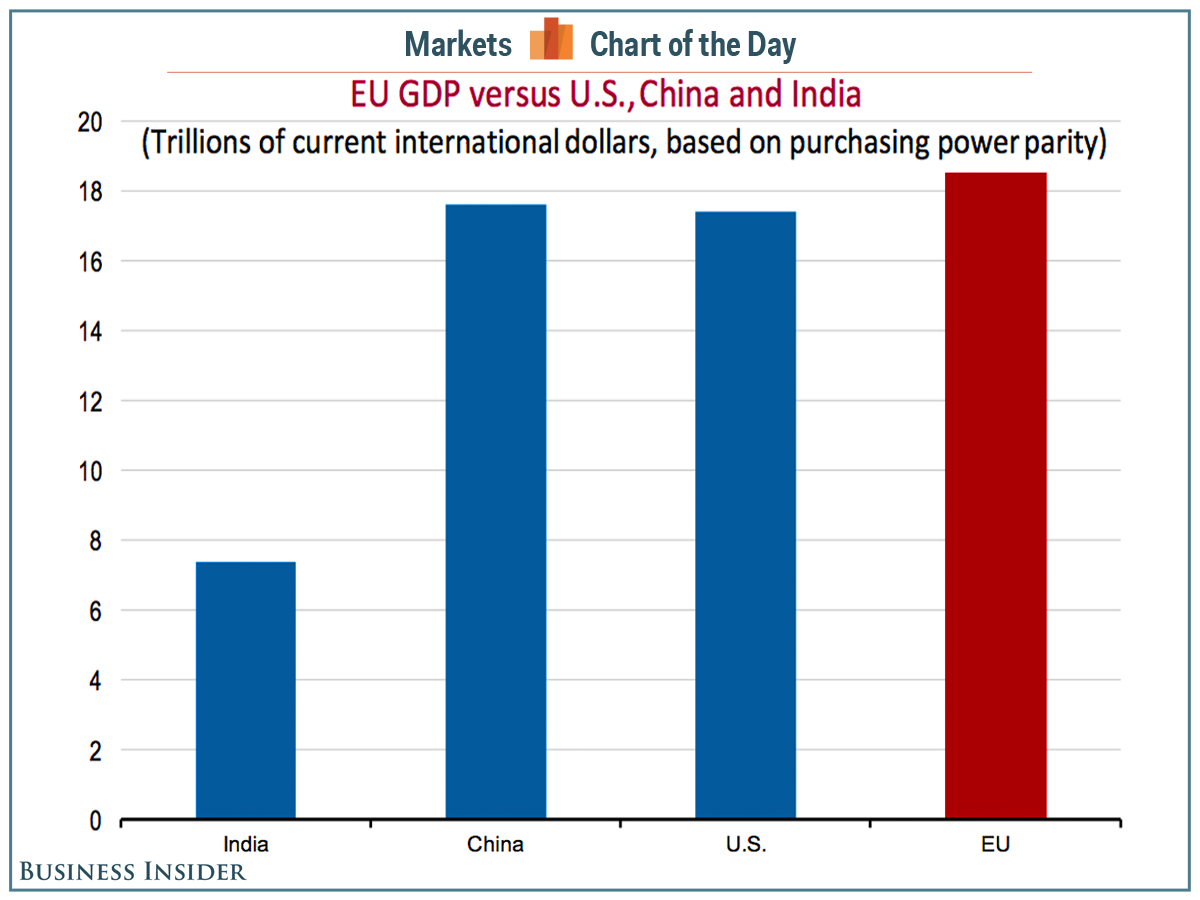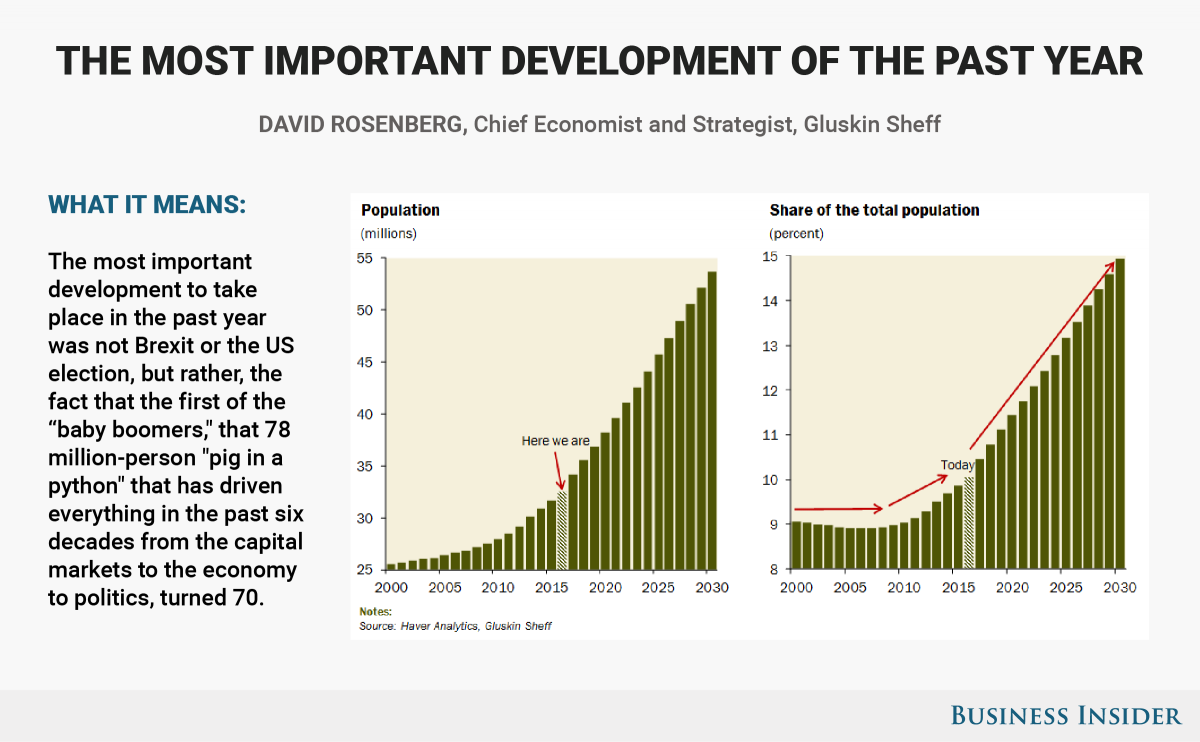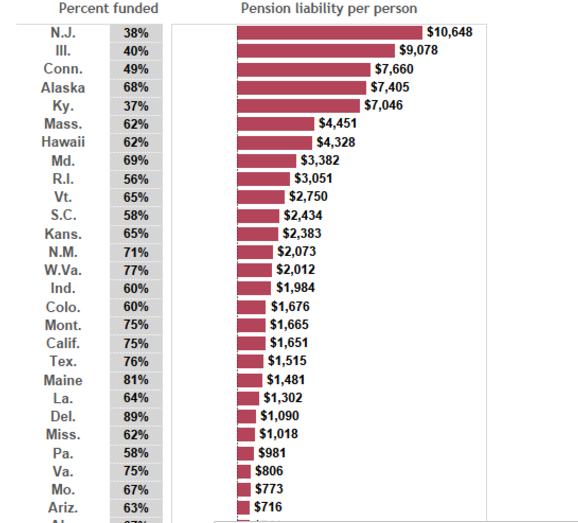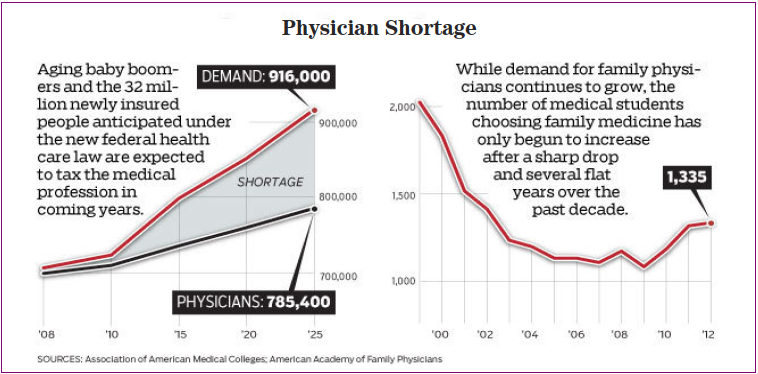1.Emerging Markets Earnings Growth Running at 19% Y over Y.
Global Earnings Forecasts from State Street
2.India +21% YTD…India Eliminated 85% of Cash from Citizens and Opened 270m New Bank Accounts. To Put that into Perspective, the Current Population of U.S. is 321m.
5 year..India +55% vs EEM (emerging markets etf)+6%

3.For the First Time Since 2011, Euro GDP Growth is Stronger than U.S.
EU GDP is bigger than U.S.


4.Ratio of Energy stocks to the S&P 500 hitting a 13-year low today.
$XLE$SPYpic.twitter.com/4TWiQkMNXk
http://www.businessinsider.com/charts-eu-economy-is-bigger-than-the-us-2015-6
Charlie BilelloVerified account
@charliebilello
5.Energy Markets…This Time is Different Theme Continues.

6.Weekend Press Blaring Headlines of Friday “Tech Crash” in FANG Stocks….Let’s Go to Tape-More Like a “tech blip.”
A Real Crash would be a much bigger event.
Facebook 63% Over 200 day

AMZN 85% Over 200day

NFLX 81% above 200day

GOOGL 47% over 200day

7.State Pension Crisis….Pa. Signs Sweeping Pension Reform.
The Pa. commonwealth’s contributions to school district pensions increased from $290m to a whopping $2.1 B in 10 years-a 618% increase. I had to read that 10x to believe it.
Top State’s with Underfunded Pensions..

http://www.cnbc.com/2016/09/14/state-pension-funds-are-awash-in-red-ink-heres-your-share.html
8.Doctor and Nurse Shortage Coming to America……

http://audiotech.com/trends-magazine/addressing-u-s-physician-shortage/
Overseas Medical Schools Offer Remedy for Shortage of U.S. Doctors
U.S. schools can’t keep up with demand for physicians, so international programs are stepping in with American graduates
With U.S. medical schools struggling to churn out enough doctors to meet the demand in rural and other underserved areas, overseas programs that cater to their admission rejects are helping to pick up the slack.
The international schools have long carried a stigma of being pricey, mainly for-profit and a little too close to the beach for proper studying. And health-care professionals say many still do have lax admission standards and abysmal outcomes.
Nurse Shortage….

9.Read of the Day…..Why does American work feel so bad?
Alia E. Dastagir , USA TODAYPublished 11:43 a.m. ET June 4, 2017 | Updated 8:49 p.m. ET June 5, 2017
·
Finding the balance between work and life is no easy task! Maria Mercedes Galuppo (@mariamgaluppo) has more. Buzz60
“JOBS, JOBS, JOBS!”
The exclamation was part of President Trump’s tweets last month, hammering home a promise that helped get him elected.
But the unemployment rate is (and was before the election) between 4 and 5% which many economists consider full employment. The U.S. had a record 75 straight months of job growth under President Obama. The poverty rate has decreased from 19% in 1964 to 13.5% in 2015, according to the Census Bureau.
So why do American workers feel worse off? Why does lamenting the state of work seem right?
In the last half century, economic, political and social changes have altered not only the makeup of the workforce, but also what it takes to get a job and support oneself, let alone a family.
What’s changed?
“What’s changed? Everything’s changed,” said Alice Kessler-Harris, a Columbia University professor who focuses on gender and labor history.
► Once dominant industries, like manufacturing — which paid well even without a college degree — have been overtaken by service sector jobs, most of which are low-paying, according to the Bureau of Labor Statistics. At the same time, knowledge-based jobs, which exclude lower-skilled workers, are continuing to grow.
“The boundaries of who’s legally and culturally considered a worker are redrawn persistently,” said Jennifer Klein, a Yale University history professor and author of Caring for America: Home Health Workers in the Shadow of the Welfare State.
► The cost of getting a college degree is up more than 1,000% since 1978, according to Bloomberg. Millennials are saddled with more student loan debt and, despite being more educated, earned 20% less in 2013 than Boomers did at their age in 1989, adjusted for inflation.
► Decades of stagnant wages mean both parents must often work to make ends meet, creating a need for child care and elder care that didn’t exist in 1950, for example, when two-thirds of women were full-time “homemakers” aka caregivers, according to the Bureau of Labor Statistics. Women now make up nearly half of the U.S. workforce, but are paid less than men on average in the same jobs, according to the non-profit Institute for Women’s Policy Research.

► The power of unions has waned, which some research suggests has contributed to lower pay for non-union workers, too, according to the Economic Policy Institute.
► The gig economy (Uber, Airbnb) has exploded, giving workers more control and flexibility, but fewer benefits or legal protections.
Read Full Story Below.
https://www.usatoday.com/story/money/2017/06/04/life-american-worker-hard-ever-get-bette/345685001/
10.7 Questions Interesting People Always Ask in Conversations
Replace those typical (and boring, I may add) questions like ‘What do you do for a living?’ with these refreshing questions that lead to great conversations.

By Marcel Schwantes
Want to be the most interesting person in the room? Well, whether you’re introverted or extroverted, it doesn’t really matter: There are things one must do to have the kind of captivating conversations that will attract others to your social circle.
Before I get to the seven questions that will ignite those conversations, here are three principles you must apply first or you may as well toss in the towel now.
1. Know when you’re being boring.
Most of us don’t have a good internal barometer for knowing when we bore others, since we think we’re so fascinating. Take this advice from Scott Adams, author of How to Fail at Almost Everything and Still Win Big: Kind of the Story of My Life: Be brief and be positive.
· Brief: Make a habit of being to the point and not dragging on and on. People who talk slowly, pause a long time before responding, and process their thoughts in mid-sentence will lose the listener faster than you can spell b-o-r-i-n-g.
· Positive: Stay upbeat in conversation (beware of polarizing topics like religion and politics), and avoid being serious, monotone, or like a bump on a log–show emotions, laugh at people’s jokes, smile when they smile, and make light of awkward situations.
Another way to tell if you are about to put someone to sleep is to listen for questions. If the other person is not asking you questions, that should clue you in that your conversation is going south; it may be time to cut your story short and ask the other person a question.
2. Be curious.
Several studies published in the Greater Good Science Center seem to agree that curious people have better relationships. The research suggests that curious people connect better, cope better with rejection, and enjoy socializing more. In fact, other people are more easily attracted and feel socially closer to individuals that display curiosity.
George Mason University psychologist Todd Kashdan, author of Curious?, conducted one of the studies and wasn’t surprised by his findings: “Being interested is more important in cultivating a relationship and maintaining a relationship than being interesting; that’s what gets the dialogue going. It’s the secret juice of relationships,” stated Kashdan in Greater Good.
Fellow Inc. columnist Rhett Power, co-founder of Wild Creations, says “curiosity drives interest: What does this person think, what makes him ‘tick,’ how does she do that, what does he want to have happen, how does she view the world? And people with humility understand that they don’t have all the answers and that each person they meet, each experience, has something to teach them.”
3. Tell a good story (or two).
It’s good to have a few go-to stories you can pull out of your hat when you sense a conversation losing momentum. Have stories you can share that are well-rehearsed, meaning, they’ve been tested with other audiences and found to be reliably funny, entertaining, informative, or engaging. Scott Adams suggests putting your focus on stories about other people, rather than things, because most of us find human behavior fascinating.
7 questions that lead to great conversations
You meet someone for the first time, get his or her name, and strike up a conversation. The next thing out of your mouth may be:
· What’s up?
· What do you do?
· Where are you from?
Booooring. Instead of asking the casual, basic stuff we’re all tired of answering, hit ’em up with these great conversational questions, beginning with my No.1 most favorite question. Note: Some may require you to start with more basic stuff as you build rapport and put someone at ease. And it goes without saying: Return serve by answering these yourself.
1. What’s your story?
This is open-ended enough to trigger an intriguing story–a journey to a foreign country, living out of a van while touring in a rock band, getting funded for the startup of your dreams, a special God-given talent used for improving lives, etc.
2. What was the highlight of your day (or week)?
This question puts the conversation on a positive note right off the bat, giving the other person a chance to reflect on something he or she is excited about.
3. What is one of your most defining moments in life?
This is another great question that invites the speaker to share on a deeper level, which builds momentum and rapport quicker. Obviously, a few casual questions before this one helps set the mood for hearing about a profound moment or transition in that person’s life.
4. What book has influenced you the most?
A book that has made an impact can lead to a more personal and inviting conversation because of the book’s life-changing effect. Asking this question will deepen your connection as you understand how the book altered the person’s life in some way. It also leads to asking interesting follow-up questions.
5. What was your dream job growing up?
Asking this is a great way to introspectively draw out a unique story from someone. We all dreamed about being something growing up–a doctor, a police officer, an astronaut, a super hero, and so on. Connect the dots to the present by asking if he or she still has those same aspirations as an adult (including being a super hero!).
6. If you could know the absolute and total truth to one question, what question would you ask?
For me, it’s too obvious: Who really killed JFK? Perhaps for the person you just asked, it’s “Is there a God?” Whatever the answer–serious, cerebral, funny, or ridiculous–it’s interesting enough to clue you in to the other person’s interests, values, beliefs, or sense of humor.
7. Why did you choose your profession?
This is one of those questions I call “peeling the conversational onion.” Learning about how people landed in their given profession has layers. It’ll tell you what defines them, what motivates them, what they’re passionate about, and whether their work is their calling or purpose. It may also trigger a different, more thought-provoking response: Some people aren’t happy in their jobs. By asking, you may be in the position to assist or mentor a person through a career or job transition.
Closing thought
Did you notice a refreshing pattern in these questions? Perhaps you’re not used to it, but you take the initiative and make the conversation about the other person. People love to talk about themselves–if they have something worth talking about that adds value to the conversation. Once they know you’re not a wacko, by asking first, they’ll appreciate your showing interest. This selfless act of putting the spotlight on someone else makes you the more interesting person in the room.
7 Great Ways to Start a Conversation With Anyone
MORE OPTIONS
https://www.inc.com/marcel-schwantes/7-questions-interesting-people-always-ask-in-conversations.html?cid=hmside2

